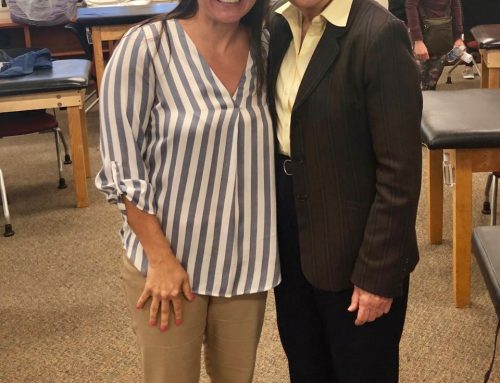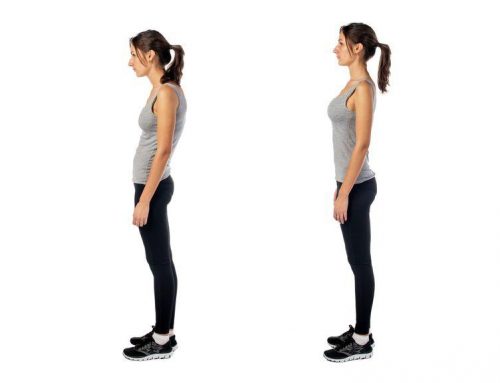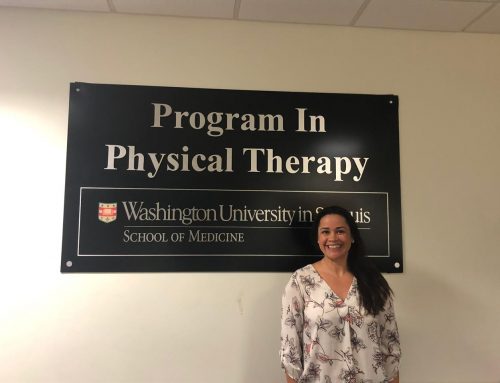Motor cortex stimulation for the enhancement of recovery from stroke: a prospective, multicenter safety study.
Motor cortex stimulation for the enhancement of recovery from stroke: a prospective, multicenter safety study.
Brown JA, Lutsep HL, Weinand M, Cramer SC.
Department of Neurosurgery,
OBJECTIVE: Functional magnetic resonance imaging and transcranial magnetic stimulation studies suggest that human cortex shows evidence of neuroplasticity. Preclinical studies in rats and monkeys suggest that motor cortical stimulation can enhance plasticity and improve recovery after stroke. This study assesses the safety and preliminary efficacy of targeted subthreshold epidural cortical stimulation delivered concurrently with intensive rehabilitation therapy while using an investigational device in patients with chronic hemiparetic stroke. METHODS: This is a prospective, multicenter, and nonblinded trial randomizing patients to rehabilitation with or without cortical stimulation. Patients aged 20 to 75 years who had had an ischemic stroke at least 4 months previously causing persistent moderate weakness of the arm were included. Functional magnetic resonance imaging localized hand motor function before surgery to place an epidural cortical electrode. Both groups then underwent rehabilitation for 3 weeks after which the electrode was removed. Outcome measures were obtained at baseline, during therapy, and at 1, 4, 8, and 12 weeks postprocedure. RESULTS: Ten patients were randomized; six patients to surgery, four to the control group. No patient deaths, neurological deterioration, or seizures occurred. There were two infections from nonprotocol-related causes. Of the eight patients completing the treatment, the stimulation plus rehabilitation group improved significantly better than controls in the Upper Extremity Fugl-Meyer (P = 0.003 overall) and the hand function score of the Stroke Impact Scale (P = 0.001 overall). CONCLUSION: The technique of cortical stimulation to enhance stroke recovery is well tolerated and safe.
Motor cortex stimulation for the enhancement of recovery from stroke: a prospective, multicenter safety study.
Brown JA, Lutsep HL, Weinand M, Cramer SC.
Department of Neurosurgery,
OBJECTIVE: Functional magnetic resonance imaging and transcranial magnetic stimulation studies suggest that human cortex shows evidence of neuroplasticity. Preclinical studies in rats and monkeys suggest that motor cortical stimulation can enhance plasticity and improve recovery after stroke. This study assesses the safety and preliminary efficacy of targeted subthreshold epidural cortical stimulation delivered concurrently with intensive rehabilitation therapy while using an investigational device in patients with chronic hemiparetic stroke. METHODS: This is a prospective, multicenter, and nonblinded trial randomizing patients to rehabilitation with or without cortical stimulation. Patients aged 20 to 75 years who had had an ischemic stroke at least 4 months previously causing persistent moderate weakness of the arm were included. Functional magnetic resonance imaging localized hand motor function before surgery to place an epidural cortical electrode. Both groups then underwent rehabilitation for 3 weeks after which the electrode was removed. Outcome measures were obtained at baseline, during therapy, and at 1, 4, 8, and 12 weeks postprocedure. RESULTS: Ten patients were randomized; six patients to surgery, four to the control group. No patient deaths, neurological deterioration, or seizures occurred. There were two infections from nonprotocol-related causes. Of the eight patients completing the treatment, the stimulation plus rehabilitation group improved significantly better than controls in the Upper Extremity Fugl-Meyer (P = 0.003 overall) and the hand function score of the Stroke Impact Scale (P = 0.001 overall). CONCLUSION: The technique of cortical stimulation to enhance stroke recovery is well tolerated and safe.





